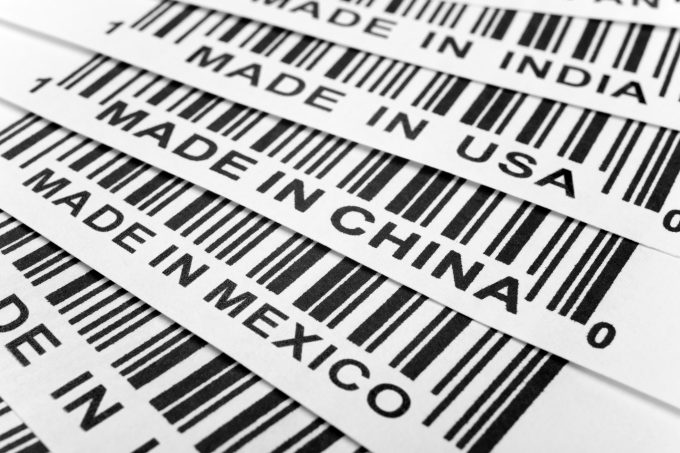Brexit: import checks come into force, hitting SMEs
Delays, confusion, costs – it’s all normal now in the world of UK trade. From ...

Astronomic growth of cross-border e-commerce has catapulted the express sector to record revenues. But Donald Trump’s election and the growing protectionist sentiment presents a new challenge, writes The Economist.
Both FedEx and DHL are forecast for record revenues when they report their 2016 results next month, with UPS having already revealed booming growth in 2016.
However, much of this has been possible because of falling trade barriers, with many e-commerce customers ordering goods from overseas. So Mr Trump’s threats of increased tariffs, and UK PM Theresa May’s insistence that Britain will leave the European Union customs union have inflamed fears that the widespread years of favourable tailwinds are long gone.
'I'm scared', says Boeing whistleblower, after two others suffer mysterious deaths
Shipper frustration as spot rates rise alongside demand, and cargo is rolled
Indian trade disrupted as port congestion forces liner services to skip calls
Don't get too confident for Q2, market risks haven't disappeared, warns Yang Ming chief
Flexport's newly liveried aircraft ready as business looks up
Rail strike looming in Canada: it will come 'at the worst possible time'
Q1 'better than expected' for Maersk – but 'there's more pressure to come'
Airfreight contracts begin to reflect threat of a Q4 capacity crunch

Comment on this article